If you’re looking for a delicious Indian meal on Elgin High Street, chances are Qismat has been near the top of that list for nearly 40 years now.
Today the restaurant is firmly a town centre fixture and a go-to destination that diners travel hours especially for.
The Qismat experience in 2024 is very different from the one that first arrived on Elgin High Street in 1987 though.
Curry tastes have grown more adventurous and the trade they rely on has shifted almost beyond recognition.
The Press and Journal sat down with Qismat founder Liaqat Ali and son Atif Ali, who now manages the Elgin restaurant, about what has been its recipe for High Street success.
- Including what Qismat’s initial success was based on.
- The ways Elgin High Street has changed since the late 1980s.
- Why diners will travel hours just for their Qismat fix.
- And how this Indian restaurant keeps changing to stay on top on Elgin High Street.
How Qismat started in Elgin
Qismat founder Liaqat Ali was born in Pakistan but moved to Scotland with his father in 1978 when he was still a teenager.
Originally working on Glasgow’s curry mile, he made his name working in the Shalimar restaurant where he was promoted to head chef just a year after joining as a trainee.
After running his own business in Saltcoats for two years, he sold up in 1986 and thought long and hard where to open his next business.
Liaqat scoured the country looking for the perfect location, eventually settling on Moray’s largest community.
But what was it that made the businessman take a punt on a town more than 200 miles away from where he had been.
Liaqat said: “I was looking around for where to open and I saw there were two RAF bases near Elgin and all the distilleries.
“So I thought we could do business here. There were two other Indian restaurants in Elgin at the time, both of those have disappeared now though.”
Late night curries fuel early Qismat success
In the early days, Qismat’s peak hours came late in the night as punters spilled out of Elgin’s pubs and clubs.
Although there was a steady stream of trade through the day, it was only when it got dark that the heat was turned up.
Liaqat added: “It was very good in those days, it was heaving.
“During the day it was busy, you’d be steady, but at about 11.45pm or midnight you’d suddenly be full.
“The pubs and Joanna’s closed at 11.30pm in those days. By 11.45pm the restaurant would be full and we’d have to lock the door.
“Not just weekends, it would be like that Wednesdays, Fridays, Saturdays and Sundays.”
Like most towns, Elgin High Street has changed almost beyond recognition since those busy nights in Qismat in the 1980s.
The town centre has been pedestrianised, online shopping has become second nature and there is less of a drinking culture.
Liaqat added: “Town used to be very very busy. There were big stores and the High Street would be mobbed.
“It’s very different now. I think retail parks has been the big difference. We’re very lucky though, we’ve been here a long time and still doing ok.
Atif added: “People know where we are because we have been here so long, so the changes on the High Street probably affect us less.
“I think if a cafe or restaurant opened next door to us now they would struggle, but people know where we are and want to come to us.”
How Qismat stays the top Indian restaurant in Elgin
Since those early days, Qismat has always been working to stay on top on Elgin High Street.
Whether it’s introducing Monday buffet nights to turn quiet evenings into appointment dining, or constantly innovating in the kitchen, the hard work never stops.
Buffet nights have been paused temporarily following a major refurbishment earlier this year, although Liaqat confirmed to the Press and Journal they would be back.
The latest project at the restaurant has pushed up the seating capacity in Qismat to 100, compared to 70 when it first opened.
Liaqat said: “We used to have a refurbishment every three years or so, just to freshen up the carpets and decorations to keep things fresh.
“With Covid it’s been a bit longer since we did one, but it was the right time now.
“It’s important just to give people something slightly different when they walk through the door. It keeps things fresh for them.”
Qismat flavours have diners travelling hours to Elgin
The Press and Journal visited Qismat on a Friday lunchtime, arriving just before the doors opened for the first customers of the day.
Within minutes of the doors opening a steady stream of people started coming through the door.
Liaqat and the customers greet each other with familiar smiles and greetings.
He tells the Press and Journal: “This couple travel from Aberdeen every two weeks on a Friday, they’ve been doing it for years.”
He adds that other regulars will travel from the Central Belt specifically for their Qismat fix.
Atif added: “We even have some customers that have become friends, just because they’ve been having lunch at the same time for years and keep seeing each other.”
Every community has its own top Indian restaurant, so what makes Qismat special enough for diners to embark on long journeys for?
Liaqat said: “We really make an effort to give them a nice welcome and to welcome them back every time.
“People like it. We have so many friends from regular customers that have come in over the years.”
Atif agrees, adding: “It’s no secret. People come for good service and good food. We really make an effort to speak to the customers though and they like that.”
The changing curry tastes in Elgin
Since Qismat opened in the 1980s, it has been very much a family affair.
It’s what Liaqat credits for delivering the consistent flavours Elgin diners have grown to love over the decades instead of relying on an ever-changing cast of third party chefs.
Liaqat’s brother Shaukat Ali was head chef until he tragically died in a car accident while visiting family in Pakistan in 2004. The duo were also joined by a third brother Mubarik.
Over the years the Qismat menu has changed considerably, a move Liaqat says is down to diners becoming more adventurous with their personal tastes.
Liaqat said: “It’s changed a lot over the years. In the 80s and 90s people wanted plain chicken curries, maybe with mushroom, maybe a chicken bhuna.
“We invented a few new curries for the menu and people really liked them. People used to come from Glasgow to get recipes from us.”
Read more from Elgin town centre
- How two Indian restaurants have made Elgin Scotland’s curry capital
- The 5 restaurants and takeaways to get a delicious Indian meal in Elgin
- How Scribbles has thrived for more than 20 years in Elgin after national chain gave up on town
- Elgin High Street pedestrianisation: The death of the town centre or the beginning of a shining new era?
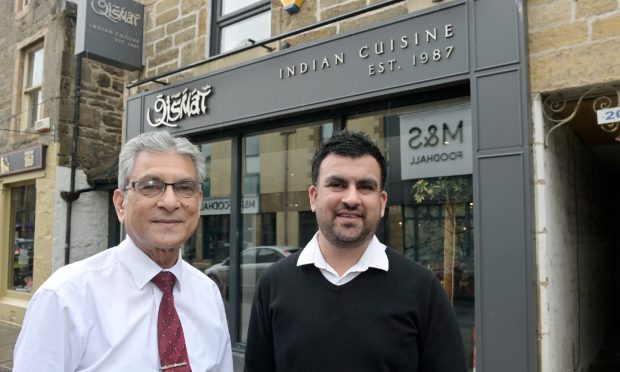
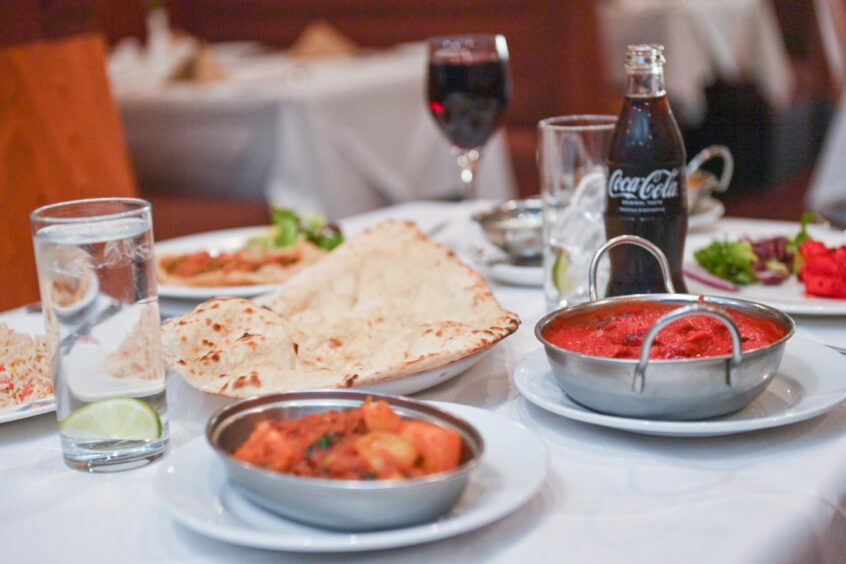
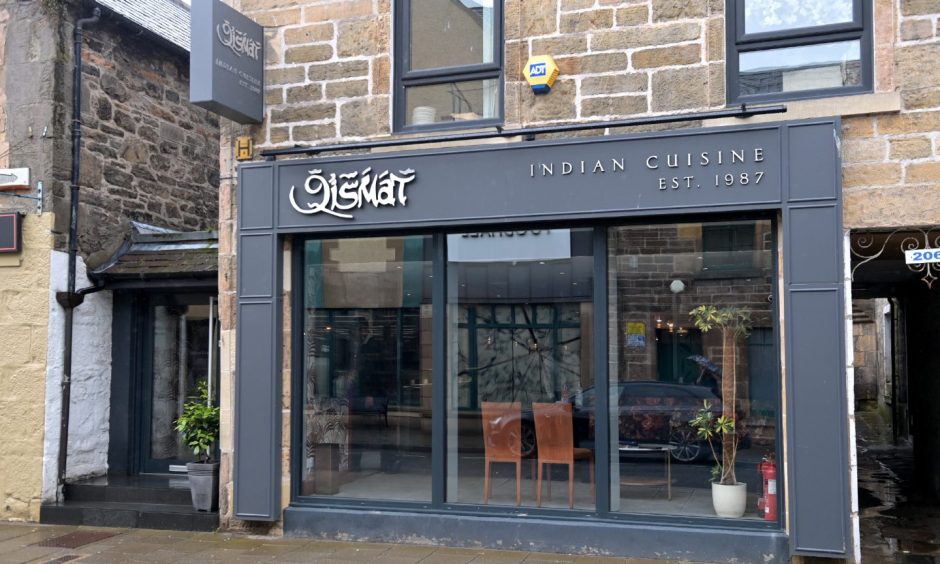
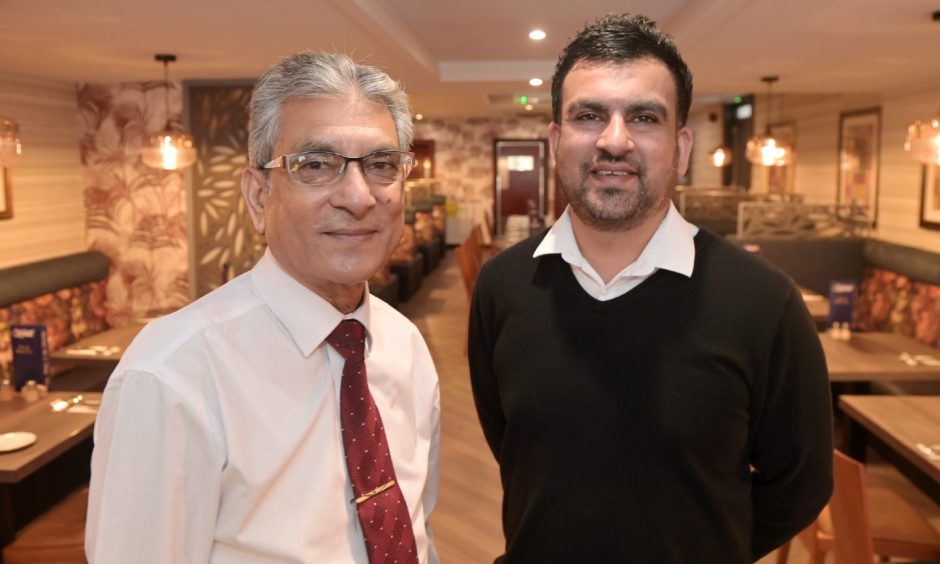
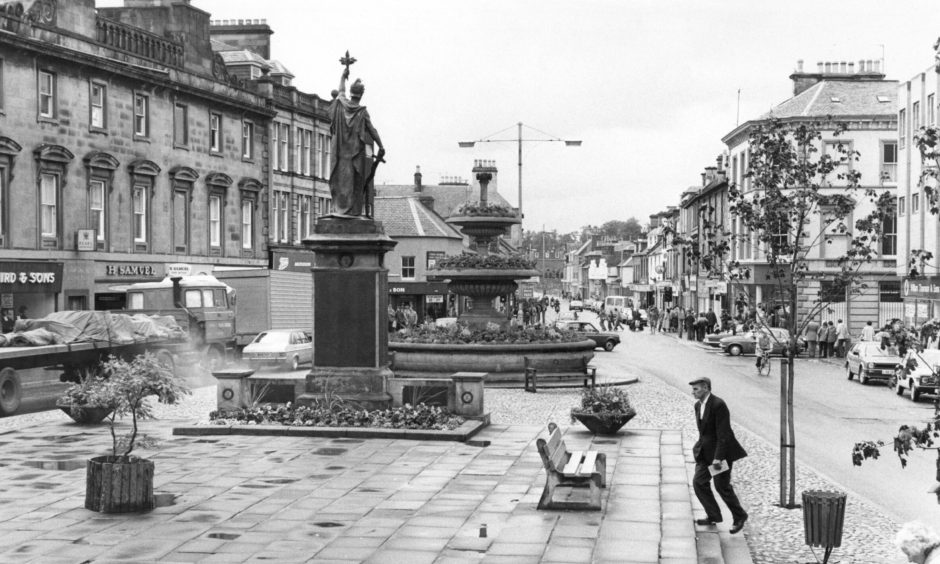
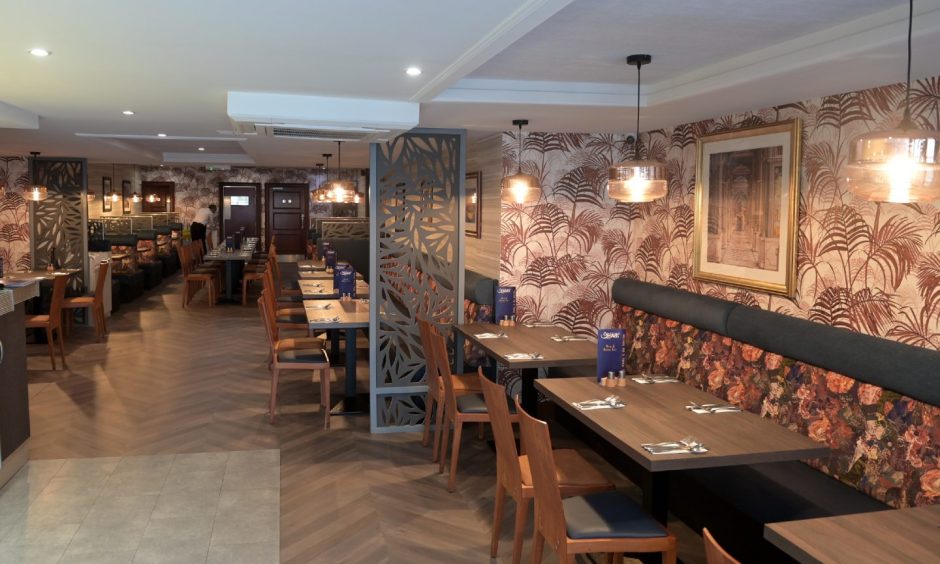
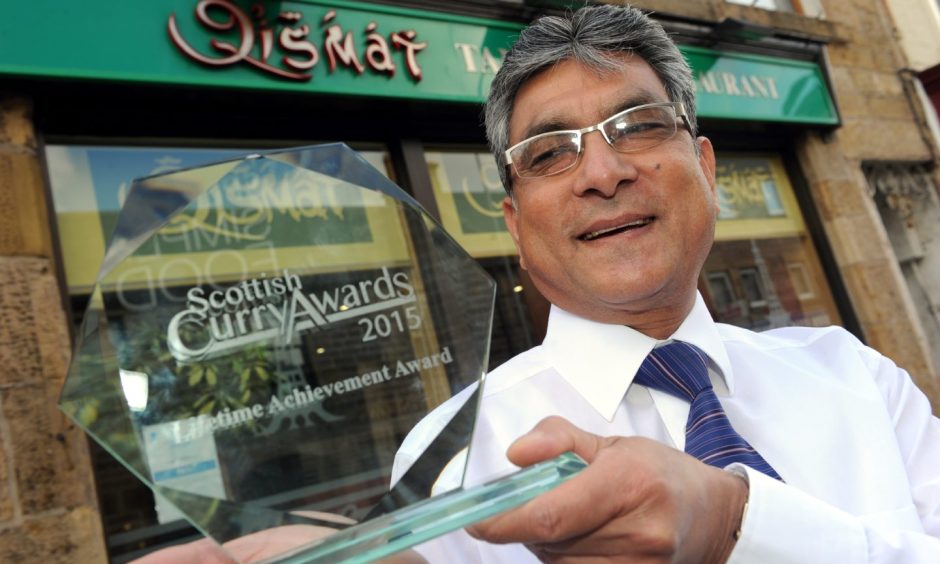
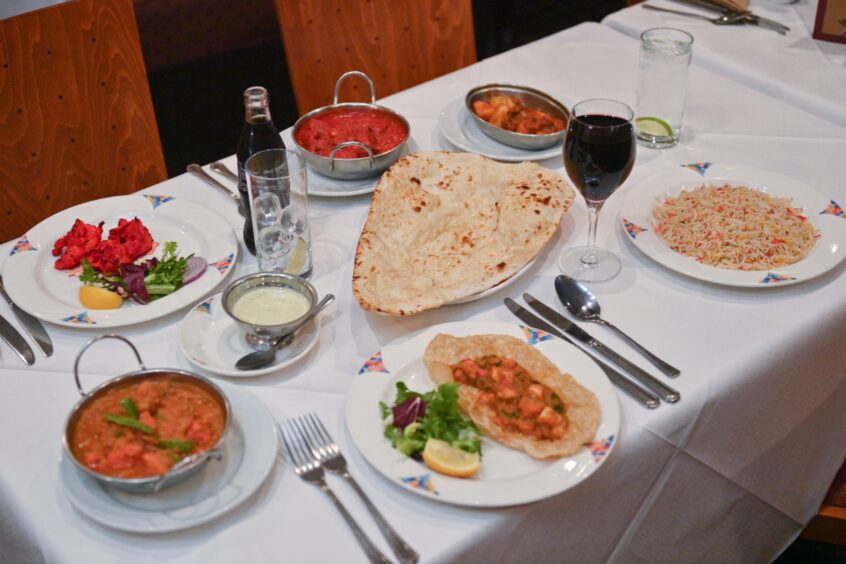
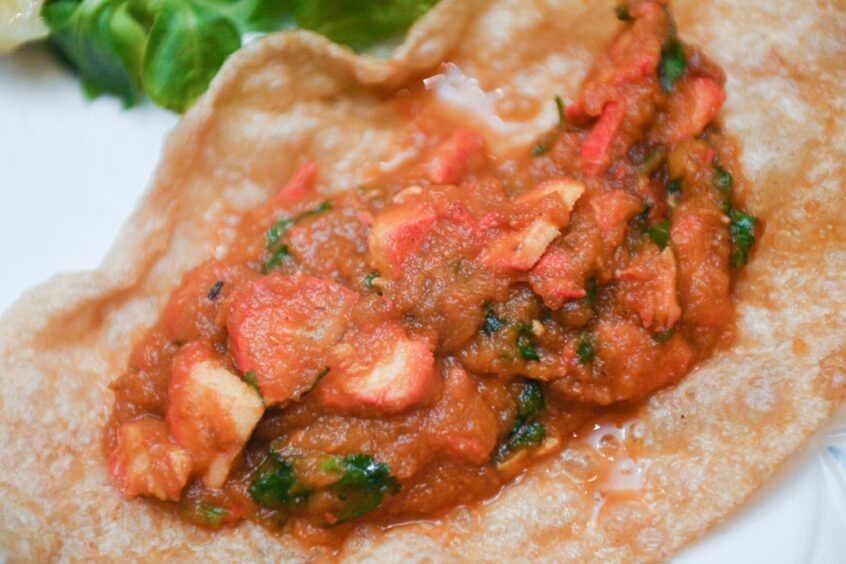
Conversation